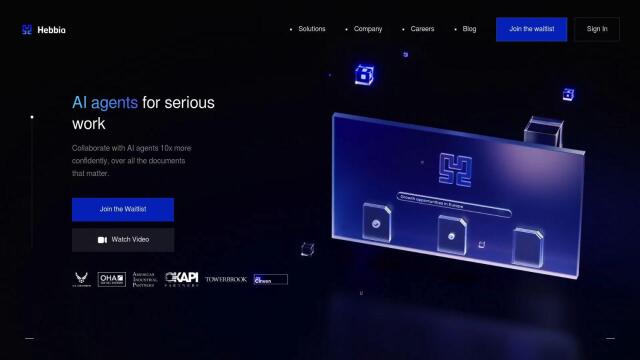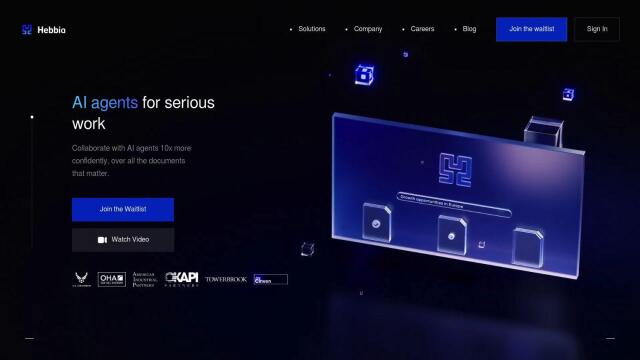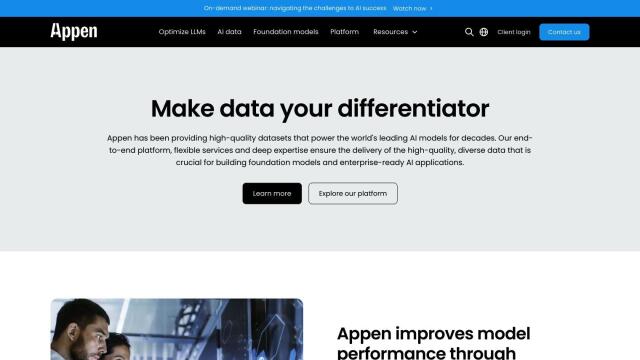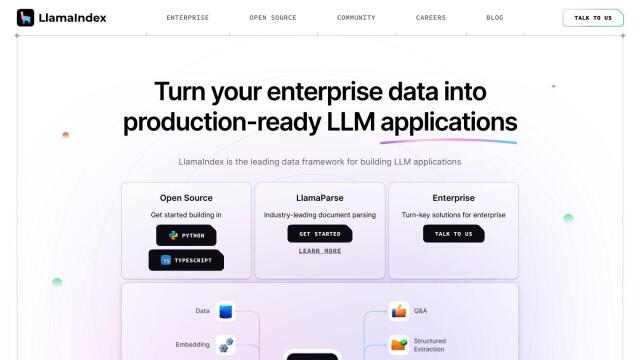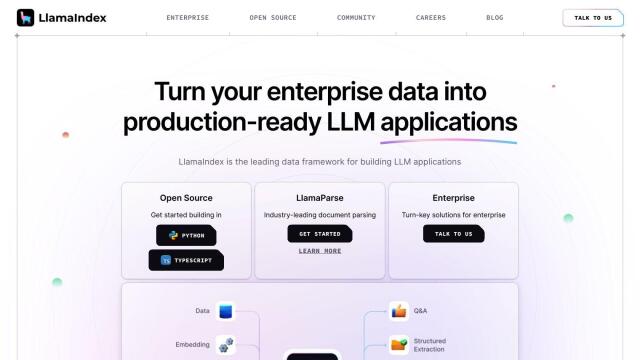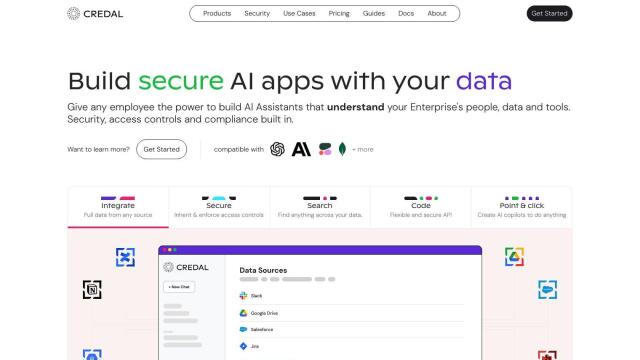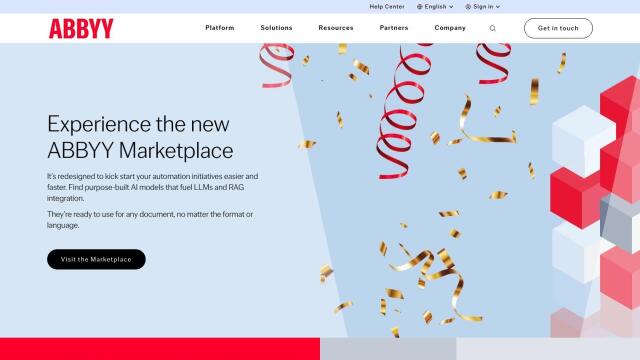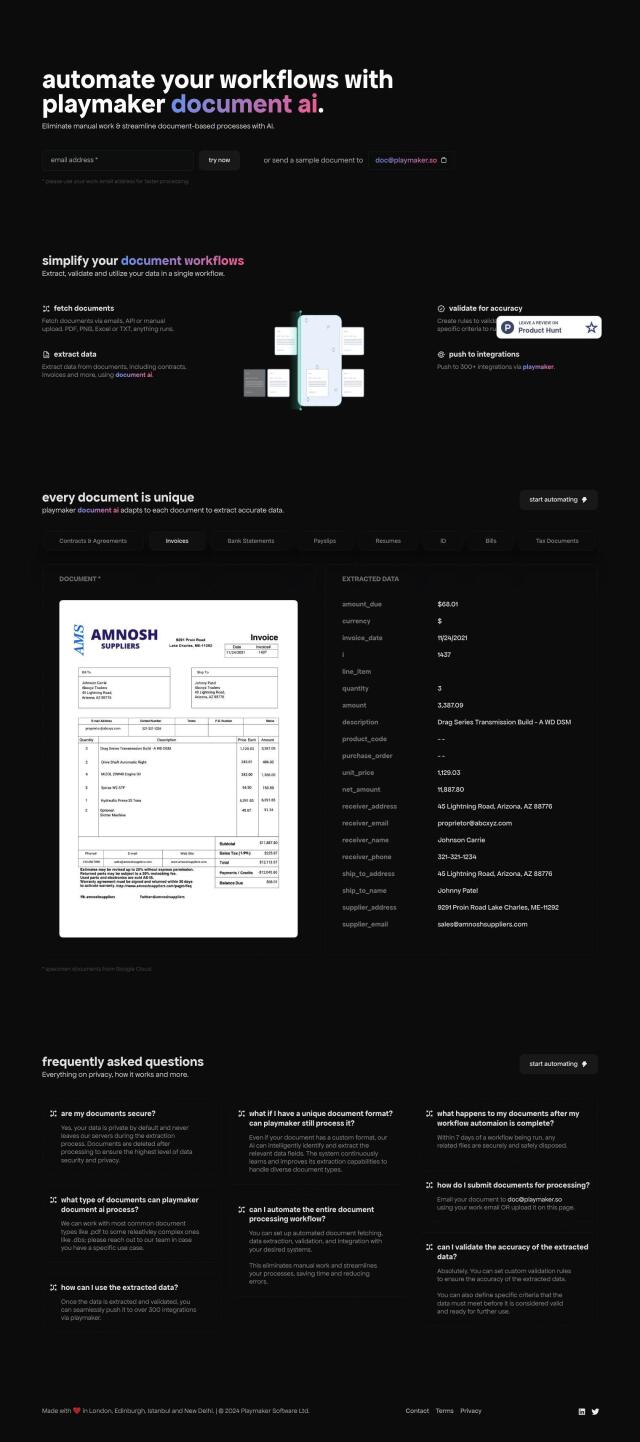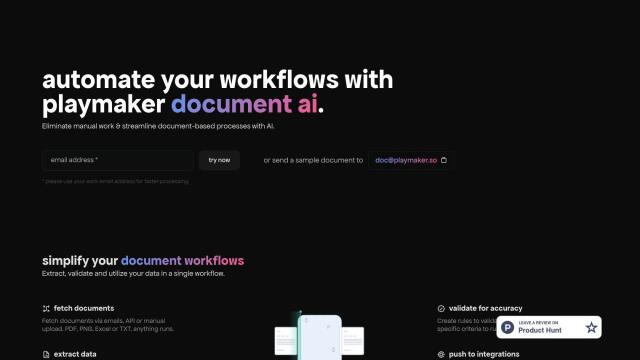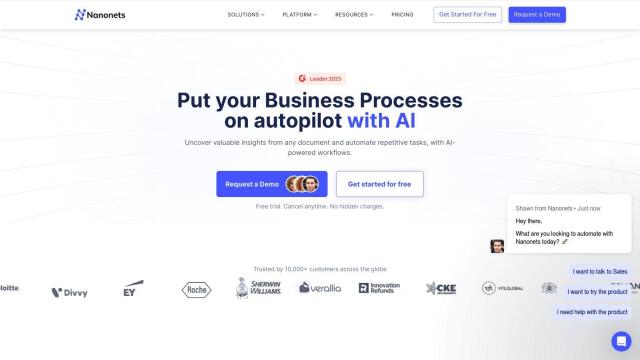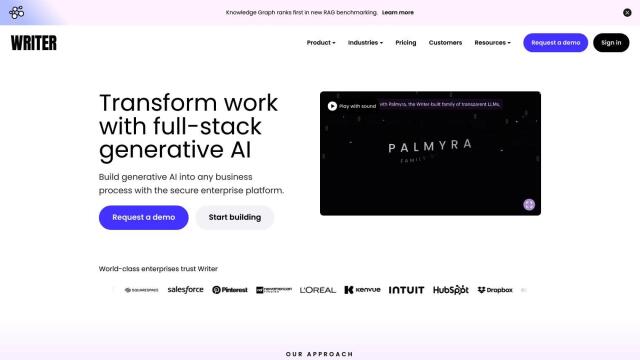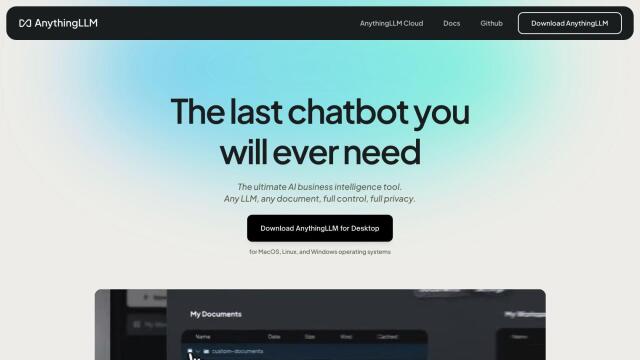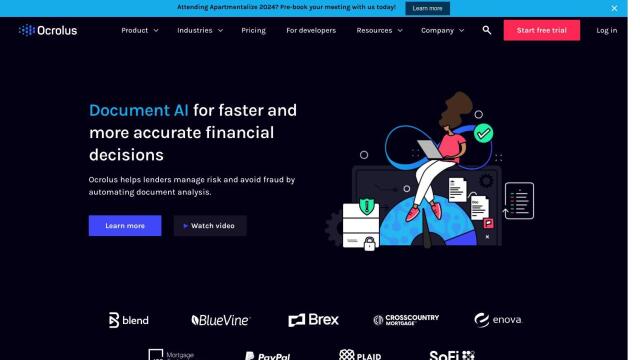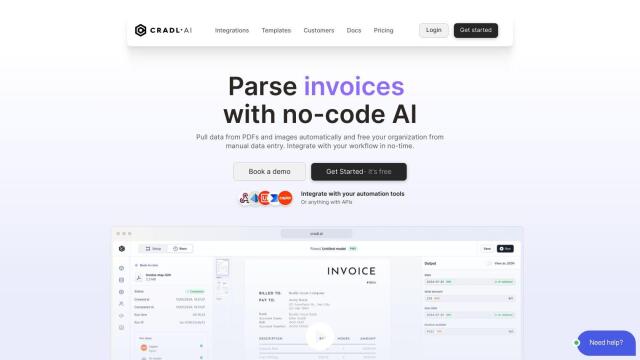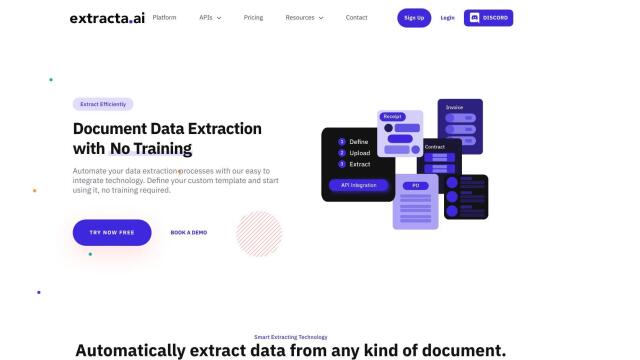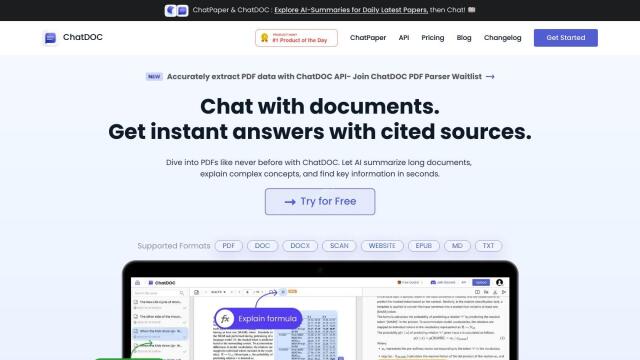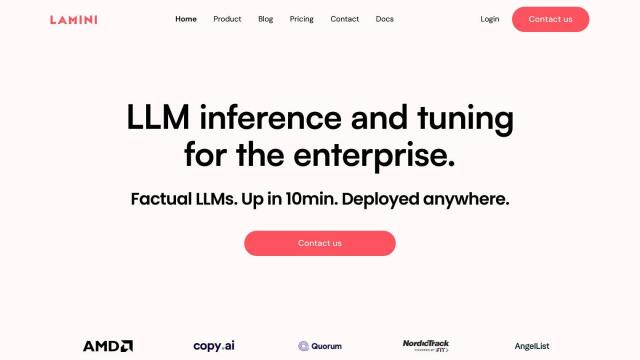

Glean
If you're looking for a Hebbia alternative, Glean is another top contender. Glean is an AI assistant platform that uses your company's data to provide answers through its Retrieval Augmented Generation (RAG) technology. It can provide personalized answers based on enterprise data and connect all content, people and interactions into a single knowledge graph. With tools like Glean Apps for no-code generative AI agents, APIs for custom AI applications and a scalable infrastructure, Glean can help teams work more effectively by providing fast access to the information they need.

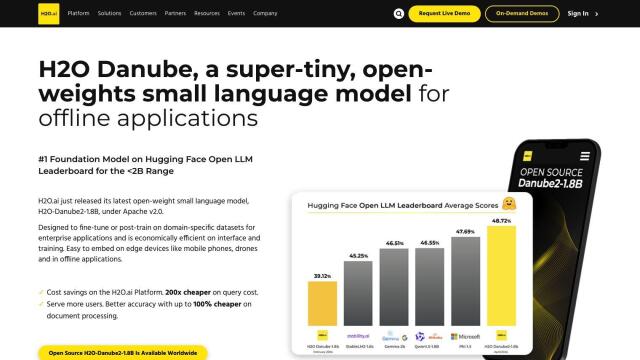
H2O.ai
Another top contender is H2O.ai, an end-to-end AI platform that spans both predictive and generative AI. It includes modules like H2O-Danube for offline use, H2O Generative AI for content analysis and generation, and Multi-modal Document AI for extracting insights from various documents. H2O.ai allows for deployment in managed cloud, hybrid, on-premises and air-gapped environments, so it can accommodate a variety of business needs, such as document analysis and process automation.


Abacus.AI
Abacus.AI is another good option, especially if you want to build and run large-scale AI agents and systems. It offers products like ChatLLM for building RAG systems and AI Agents for automating complex workflows across multiple data sources. With features for predictive modeling, anomaly detection and fraud security, Abacus.AI is geared to help customer service and optimize business operations.


ThirdAI
For those who want a platform that integrates with their existing workflow, ThirdAI offers accessible and customizable large language models and AI technology. It includes document intelligence for extracting specific answers, customer experience improvements and generative AI for summarizing long documents. With a focus on performance and a simple interface, ThirdAI is designed to integrate with existing infrastructure and improve overall efficiency.
